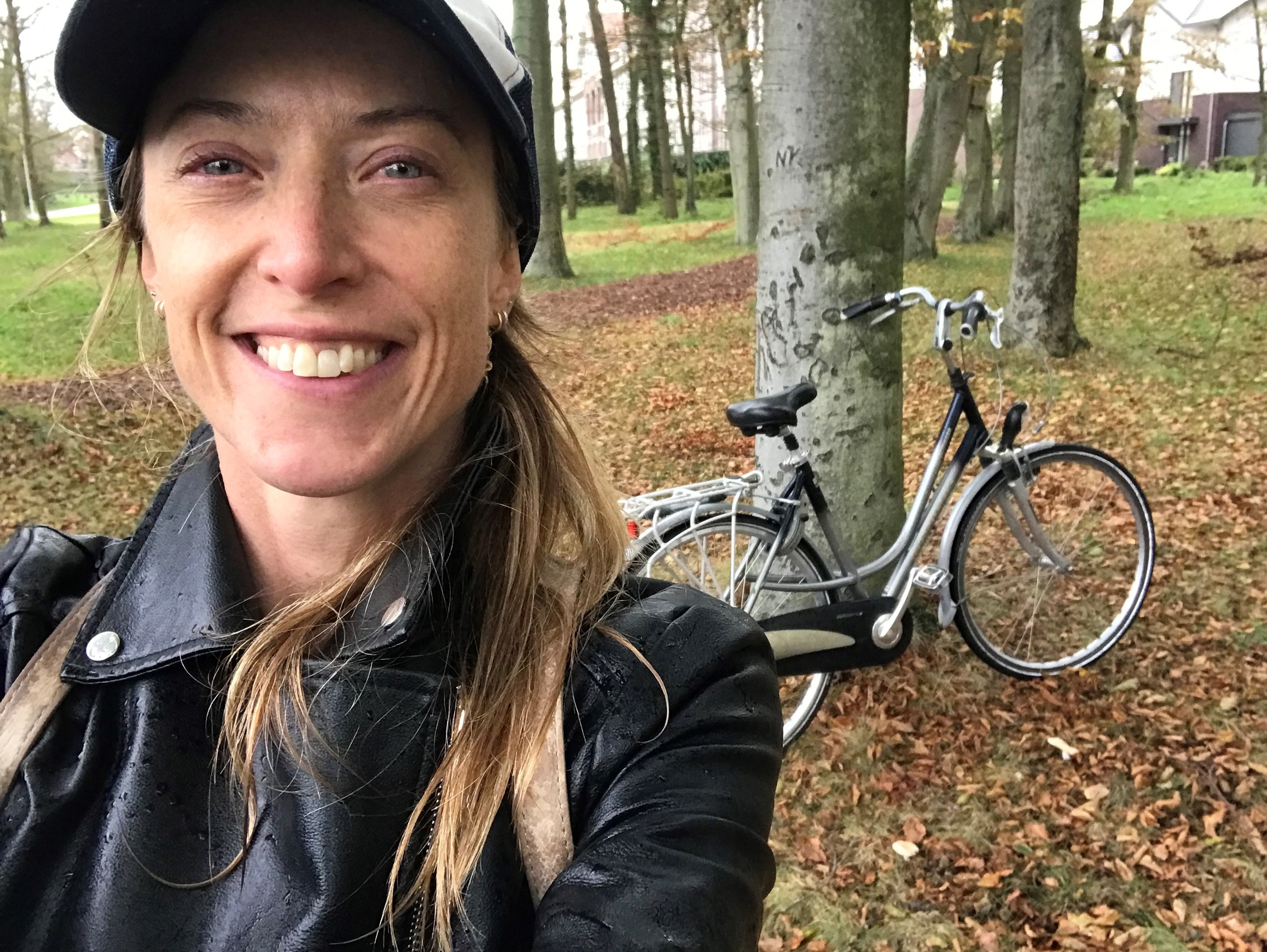In this blog series, ukactive hears from members of the Churchill Fellowship programme who have completed research into physical activity across the globe. ukactive is a Research Partner of the Fellowship and this series gives an insight into the research projects underway and what ukactive members can take from their findings.
In the first blog of the series, Mary-Jane Boswell discusses her research into physical activity for dementia care and the insights the physical activity sector can take and implement within their operations.
What is your research looking into?
My research focuses on how physical activity can improve the quality of life for older people living with dementia, particularly in care facilities. Conducted through my Churchill Fellowship, I explored innovative care settings in Belgium, Holland and Japan that have successfully integrated physical activity into daily routines. The goal was to identify key factors that either promote or hinder activity in these environments and explore how these insights can be applied in the UK. My findings highlight new possibilities for the physical activity sector and care providers, emphasising the benefits of person-centred approaches and the integration of natural environments.
How can the physical activity sector (including operators and suppliers) action your research’s findings?
The physical activity sector plays a pivotal role in ensuring that older people, including those with dementia, can access and maintain active lifestyles, ultimately improving their health outcomes and quality of life. Staying active as we age, particularly when facing conditions like dementia, is crucial to overall well-being.
One of the most effective approaches I observed was the care farm model in Holland. These facilities connect residents with nature through everyday activities like gardening and animal care, creating purposeful engagement that supports both physical and mental health.
Here are some actionable strategies for the UK’s physical activity sector to consider:
- Embedding nature into care and community environments: Suppliers can design spaces that encourage outdoor activities, such as gardens, sensory areas and accessible walking paths. These natural environments promote relaxation and encourage physical movement.
- Creating person-centred activity plans: Physical activity programmes should be meaningful and tailored to individual preferences and abilities, helping foster autonomy and dignity. Providers can train staff to integrate meaningful activities that align with users interests and daily routines.
- Building community connections: Both Europe and Japan highlight the value of involving the community in dementia care. Providers can collaborate with local charities, schools and volunteers to organise intergenerational activities, help facilitate day-to-day engagement and arrange outdoor events that keep people living with dementia socially active and connected.
- Support policy and planning for free, accessible opportunities: Public spaces should provide dementia-friendly, accessible exercise opportunities where individuals and their carers can safely navigate and enjoy outdoor activities.
- Funding for innovation: Supporting research and investment into non-traditional approaches which will broaden activity options. UK based innovative approaches like care farms or community gardening groups, can foster inclusive, dementia-friendly spaces that encourage active lifestyles.
By adopting these strategies, the physical activity sector can create environments that nurture both physical and emotional well-being, ultimately enhancing the lives of those living with dementia.
What are your next steps for implementing your findings?
The next phase of my project involves engaging with relevant people and providers, to apply these insights within the UK. I will work with care facilities and share information to relevant groups. My goal is to introduce more person-centred, activity-focused care approaches. Key steps include:
- Sharing best practices: Share findings through networks and publications aimed at those working with older people. These resources will emphasise the value of person-centred activity and its transformative effect on dementia care.
- Pilot projects: Launch pilot projects in UK care homes, drawing inspiration from my project findings and incorporating community engagement, green spaces and personalised activity plans. These projects will include training and education and be tailored to the specific needs of each care home to ensure that they are both practical and impactful.
- Advocate for change and quality improvement: Engage with regulatory bodies to advocate for change, prioritising physical activity and well-being for older people living in care facilities. Advocate for funding opportunities and support development of innovative practice in the UK.
By implementing these steps, I hope to be part of driving the cultural shift in how providers approach physical activity for older people with dementia, ultimately improving their well-being and quality of life.
To find out more about the Churchill Fellowship programmes and for more information on how you can apply, apply here by 12 November.




